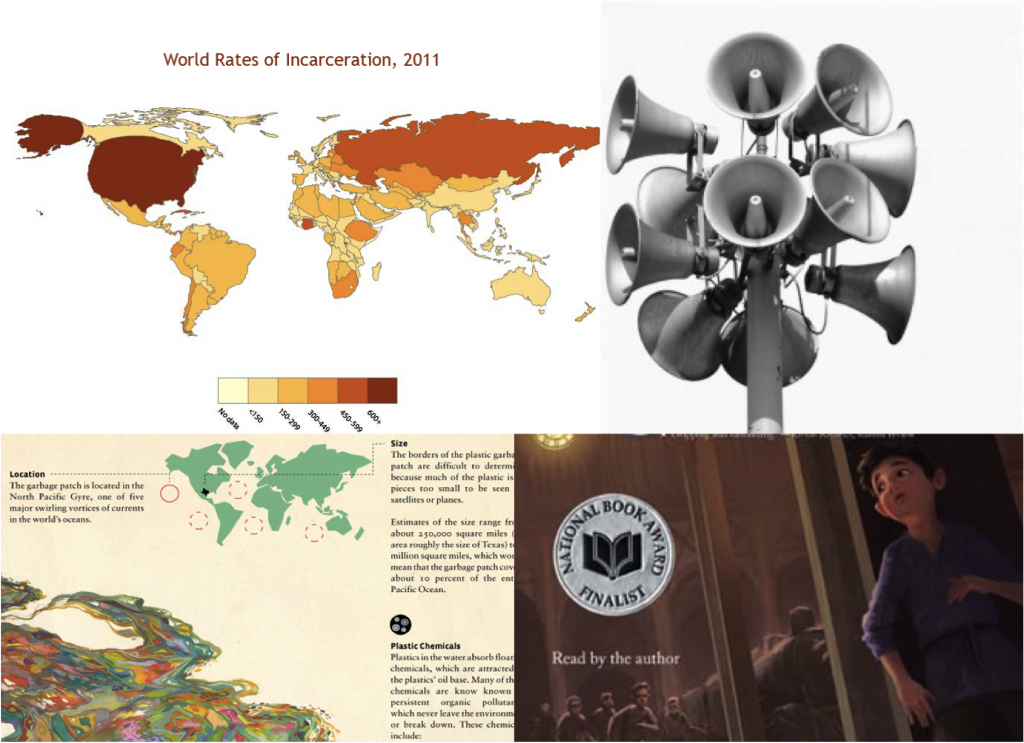Finishing Strong
Here in Minnesota it appears (knock on wood) that the terrible long winter is behind us–which means that finals are upon us, commencement is coming, and grades will soon be due. And even as academic terms wrap up all over the country, the Pages remain vibrant. Highlights from the past week include:
–a public criminology post on the new Minnesota law that makes it illegal for employers to ask about an applicant’s criminal history until an interview is granted or a job is offered;
–the introduction of a brand new TSP blog, Walt Jacobs’s “Dispatches from a New Dean”
–and the two latest “data based” columns from cyborgology–one on health, the other on love;
Digging back in the archive a bit, you might also take a look at Jennifer Lee’s provocative piece on Asian American exceptionalism and what she calls “stereotype promise“–which we are re-releasing now with video!

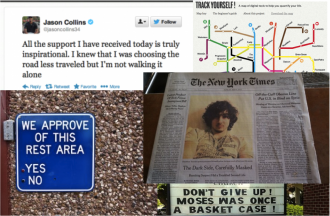
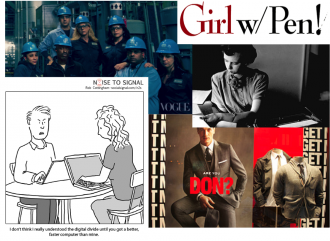
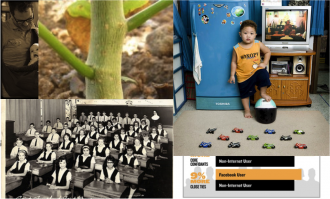
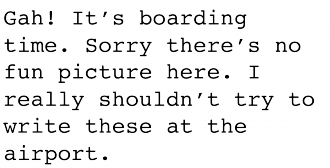
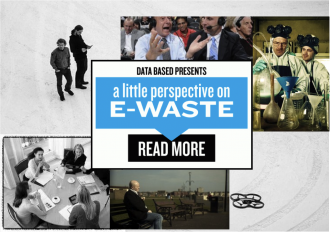
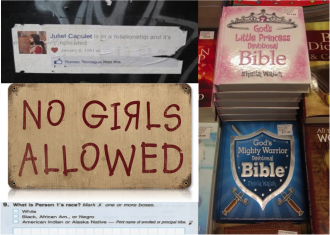
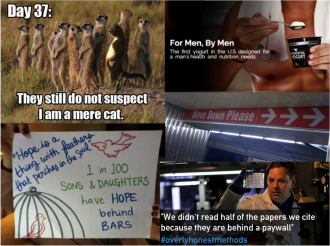
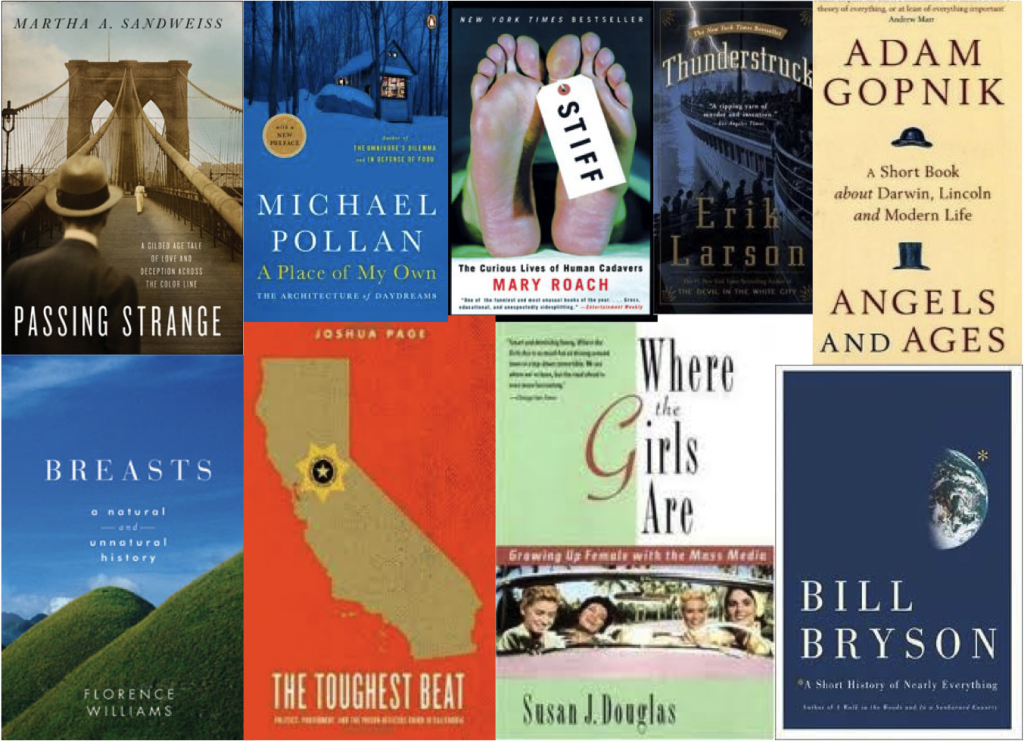 Read Widely
Read Widely